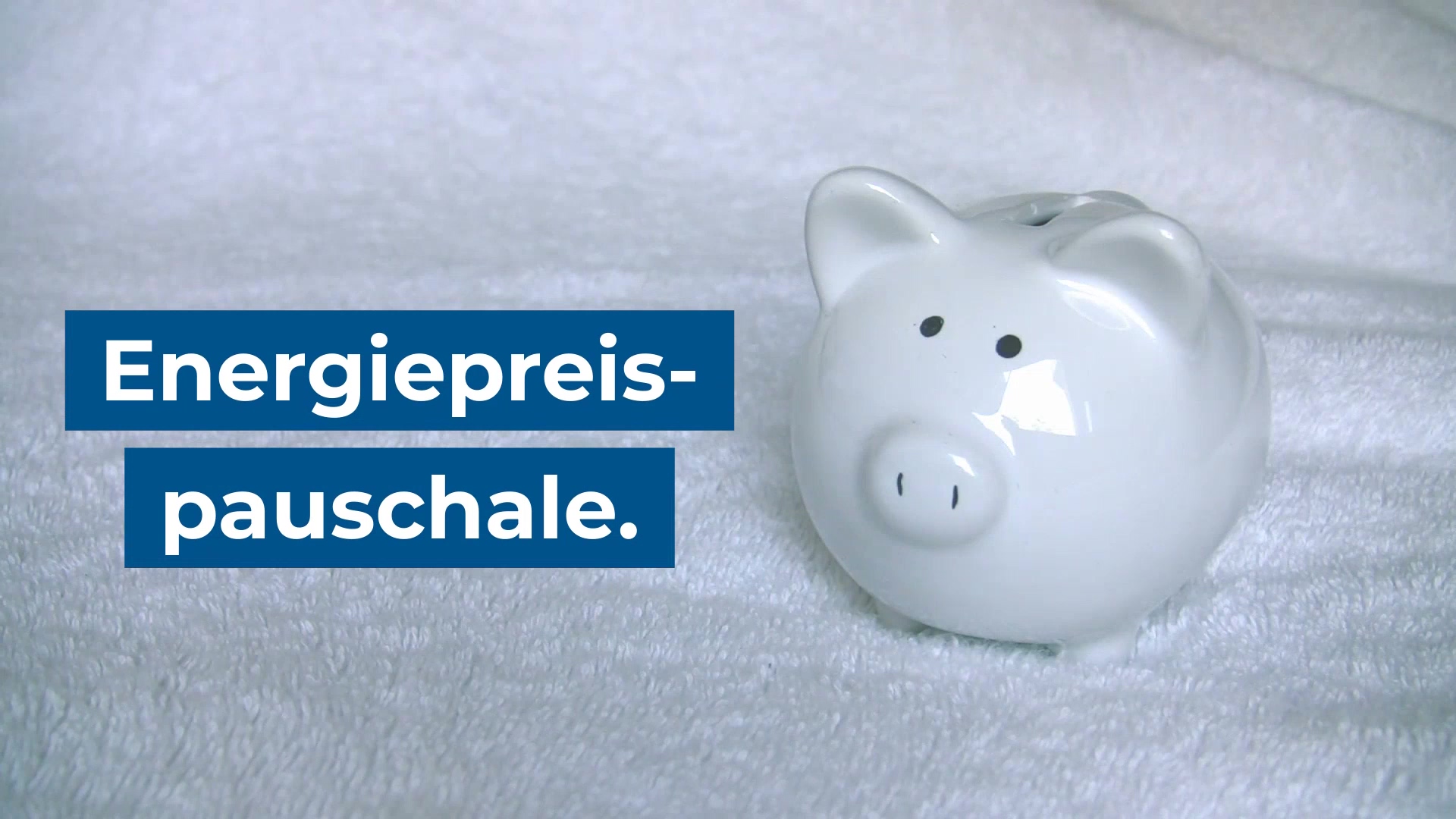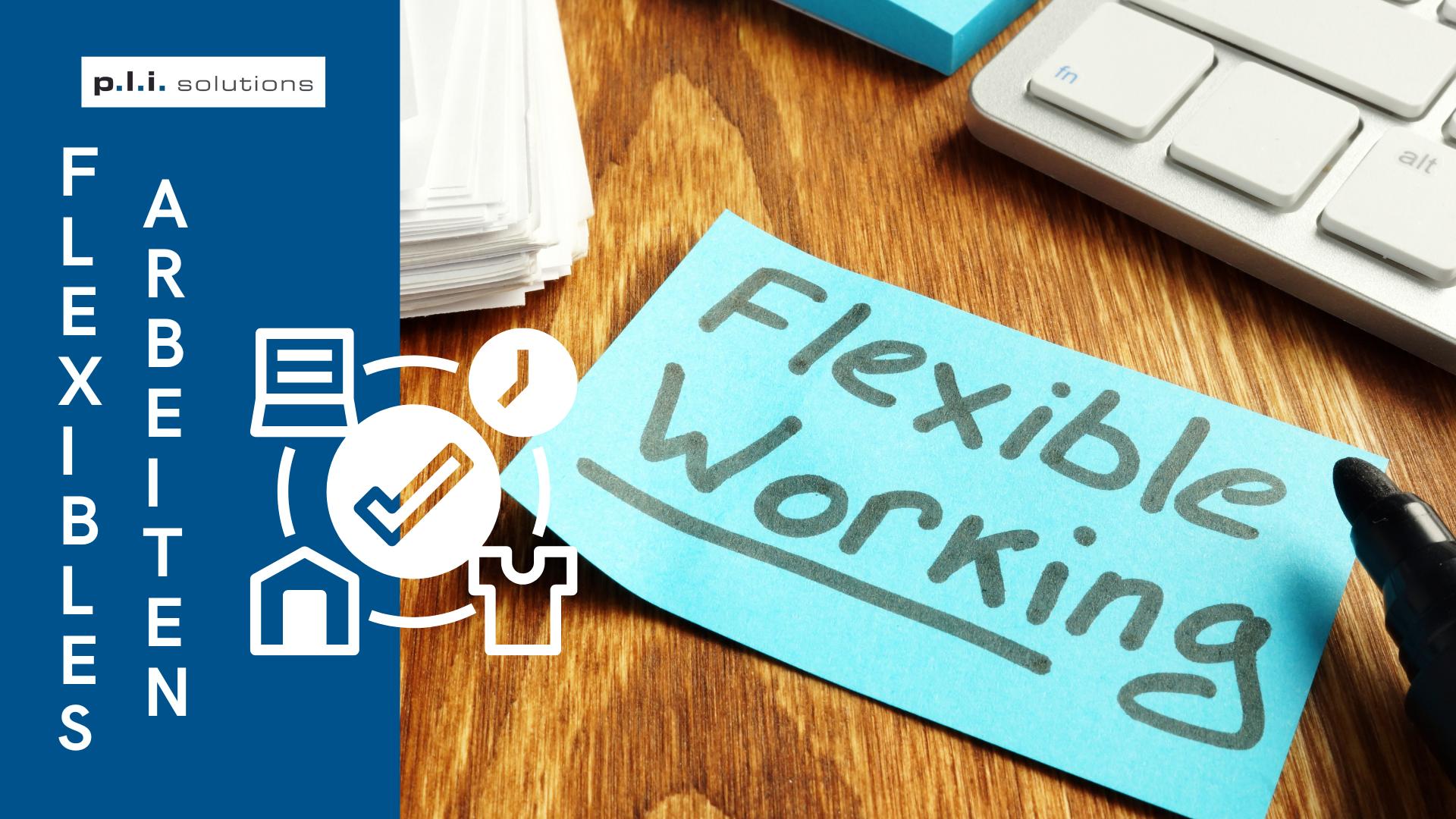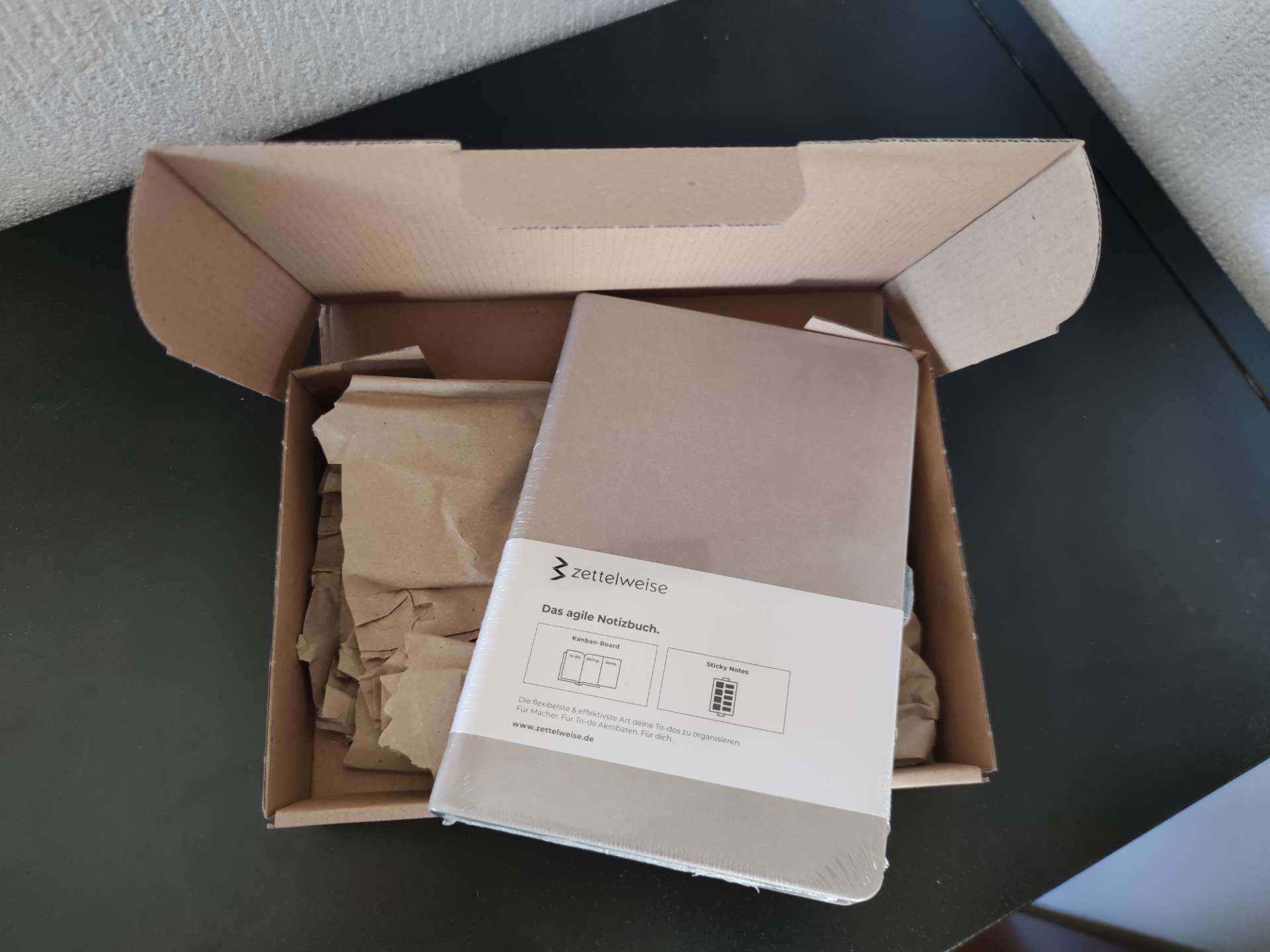Time pressure, stress, work intensification – all these problems are increasingly common problems in the modern world of work. It is not just longer working hours, increasing performance pressure and often ergonomically monotonous work that are potential risk factors for employee health. Lack of rest and the resulting constant stress is also a significant problem.
In the long term, all of these factors can have a negative impact on both mental and physical health. Plus, you’re not doing yourself or your employer any favors by forgoing your breaks. You’re more irritable, less productive, and less able to concentrate, which can negatively impact your work performance. A greater waste of time as well as one greater risk of errors it can be the result.
Those who have to regularly give up rest breaks are much more likely to complain of health problems. 46% of those affected complain of sleep disturbances, compared to 30% of people who miss breaks less often or not at all. Physical exhaustion also occurs in 51% of those who don’t often take a break, compared to only 35% of others. Additionally, many of these employees are more likely to consider changing jobs.
Previous BAuA surveys on working hours have already shown what has also been confirmed in 2023: those who can organize their working hours flexibly benefit in several ways. Employees with a high degree of temporal self-determination rate their overall health better than those with limited options. Satisfaction with work-life balance is also significantly higher in this group. 70% of people who have (very) great influence on the beginning and end of their working hours rate their health as (very) good. 87% of them also declared themselves (very) satisfied with their work-life balance. In comparison, only 62% of employees with little or no influence over their working hours reported feeling (very) healthy and only 76% were (very) satisfied with their work-life balance. Additionally, people who have little time to act are more likely to report health problems.

THE Result of the “Working Time Survey 2023” this is demonstrated by the Federal Institute for Occupational Safety and Health (BAuA). 31% of employees in Germany meets the legal requirements for a number of reasons Not respecting break times.
The percentage of collaborators who declared that they have (very) great influence on the organization of their breaks increased in 2023: from 58% in 2019 to 65% in 2023.
Common reasons why employees don’t take breaks include:
-
High work pressure and lack of time
Many feel forced to work hard to complete their tasks due to tight deadlines, increased workloads, or lack of staff. Early completion of work should also be achieved by avoiding breaks. -
Disturbances in the workflow
If breaks are difficult to plan, e.g. B. in case of unpredictable contacts with customers, emergencies or machine malfunctions, they often fail. -
Cultural or operational norms
In some companies, being able to work hard is a sign of commitment. Those who take breaks are sometimes considered less resilient. -
Lack of relaxation or retreat rooms
If there are no suitable places to rest, employees are more likely to stay on the job and forego breaks. -
Personal responsibility in organizing breaks
Especially in jobs with a lot of autonomy, breaks are not always planned or taken consciously. -
Uninterrupted activity
In professions where it is difficult to “let go” (e.g. nursing, manufacturing, IT systems administration), breaks are often difficult to organize.
Suggestion: If you can freely organize your working day, divide it into: 90 minute blocks. After working hard for 90 minutes, give yourself one five to ten minute breakin which you consciously turn off sources of disturbance (e.g. the telephone) and leave your desk for a short moment. Ideally the route will take you to fresh air. You will recover briefly, but intensively and, above all, sustainably.
Does the thought of taking breaks make you feel bad? So use a synonym and go e.g. For example. “refuel” or “take a breath” instead of “take a break”.
Would you like to find out more about which legal regulations apply to breaks and why reliable time recording is so important? Then read our further blog article: «Working time law: essential break times and time recording».
latest posts published

Are you starting to run? This is how we persevere!

Your time invested profitably every day: What are your EPAs?

Energy flat rate: who is entitled to the 300 euro bonus?

Here’s how companies choose the right solution

Set and achieve goals with SMART

Different working models and employee retention: a connection?

Flexible working hours

Personal Kanban in the notebook: be productive

Reporting for effective workforce management


